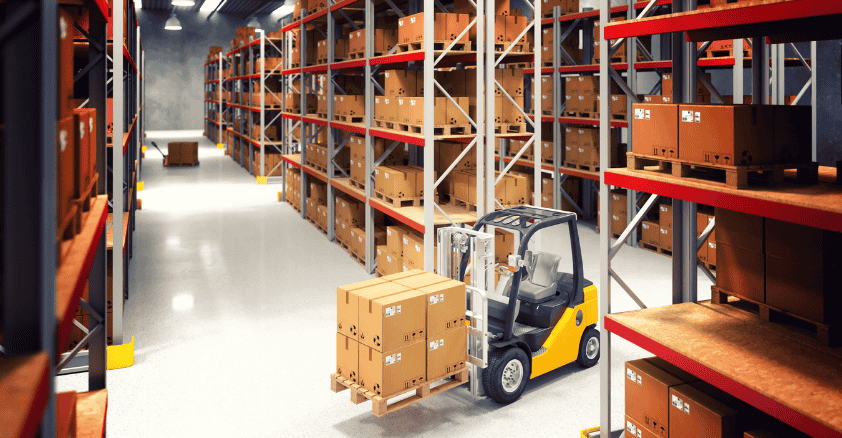Why are warehouse services necessary in commodity derivatives trading?
Warehouse services provide individuals and businesses with a secure facility for storing and preserving commodities, ensuring that derivatives transactions are conducted transparently and reliably. Among the many technological solutions available to investors, warehouse services play a crucial role in maintaining the efficiency and integrity of the commodity derivatives market.
A warehouse serves as physical evidence of the existence of commodities, ensuring that parties involved in derivative contracts can confidently fulfill their trading obligations.
Strict control of goods in the warehouse enhances market transparency and builds trust among investors.
Beyond storage, warehouses can also provide additional services such as quality inspection, packaging, and transportation, facilitating smoother transactions for investors.
The presence of warehouse services also minimizes risks related to commodity preservation, such as theft, weather damage, pests….

Key functions of warehouses in commodity derivatives trading
- Storage: Preserve commodities under appropriate conditions to maintain quality.
- Inventory control: Monitor the quantity, quality, and location of goods within the warehouse.
- Inbound and outbound operations: Manage the receipt and dispatch of goods as requested by customers.
- Quality inspection: Ensure commodities meet the required quality standards.
- Packaging and classification: Package goods according to customer requirements and classify them for easier management.
Types of warehouses
- Traditional warehouses: Use manual labor for managing inventory.
- Automated warehouses: Employ automated systems to manage goods, improve efficiency, and minimize errors.
- Specialized warehouses: Designed for commodities requiring specific preservation conditions, such as frozen goods or hazardous materials.
Employ automated systems to manage goods, improve efficiency, and minimize errors.
Requirements for warehouses
- Location: Strategically situated near transportation hubs for convenient goods transport.
- Facilities: Equipped with proper ventilation, adequate lighting, and advanced fire suppression systems.
- Security: Ensure the safety of goods with cameras and security personnel.
- Management: Operate with modern warehouse management systems, utilizing specialized software for inventory control.
Technologies applied in warehouse services
The application of technology in warehouse management has become an inevitable trend to enhance efficiency, accuracy, and cost-effectiveness for both service providers and customers.
Implement IoT systems in warehouses
Warehouse management system software manages all warehouse operations, including goods receipt, dispatch, inventory checks and stock control.
Some modern warehouses have implemented programmed autonomous vehicles, inventory check robots, packaging robots…. improve efficiency, and minimize errors.
The IoT smart sensor system monitors temperature, humidity, and light conditions to ensure optimal preservation of goods.
AI helps predict customer demand, optimize inventory levels, identify trends, and improve operational processes.
RFID automatic identification technology helps track the movement of goods within the warehouse, enabling quick and accurate inventory checks.
What should individuals and businesses consider when using warehouse services?
When planning to use warehouse services, investors need to clarify key details such as warehouse rental costs, insurance, labor, and compliance with customs regulations, taxes, food safety……
Warehouse services play a crucial role in the commodity derivatives trading system. Choosing a reputable warehouse service provider helps businesses minimize risks and enhance operational efficiency.











